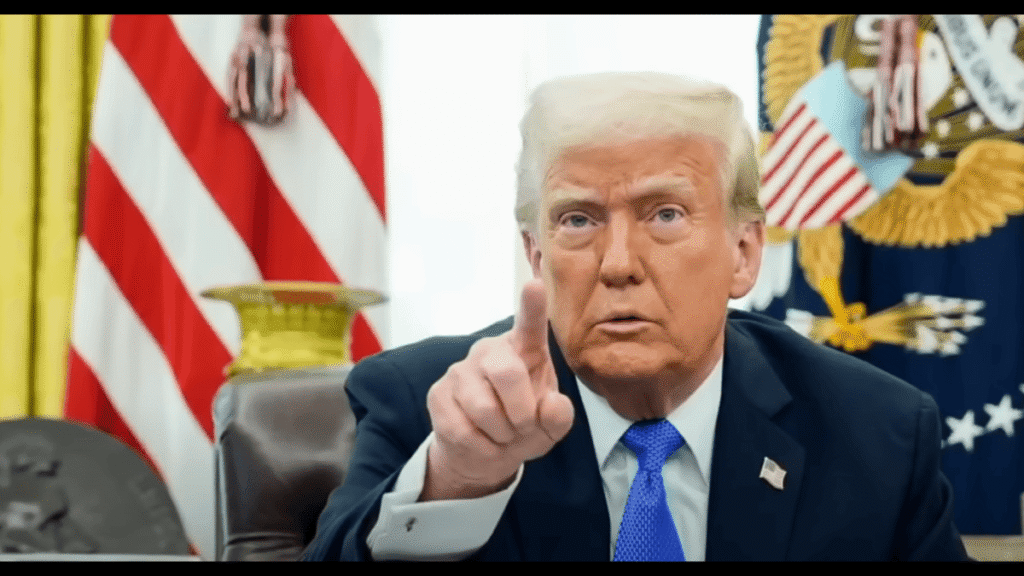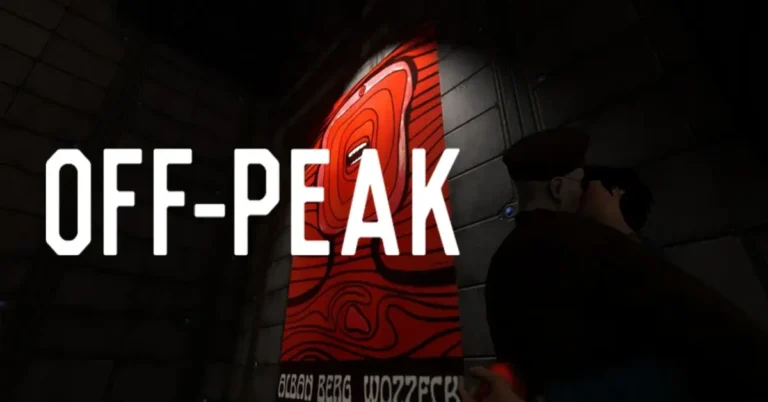On Wednesday, US President Donald Trump signed a sweeping new executive order that enacts a travel ban on citizens from 12 countries, citing national security concerns and immigration control.
The nations facing a full entry ban include:
Afghanistan, Myanmar, Chad, the Democratic Republic of the Congo, Equatorial Guinea, Eritrea, Haiti, Iran, Libya, Somalia, Sudan, and Yemen.
Additionally, the order imposes partial restrictions on travelers from the following 7 countries:
Burundi, Cuba, Laos, Sierra Leone, Togo, Turkmenistan, and Venezuela.
When Does the Ban Begin?
The travel ban takes effect on Monday, June 9, 2025, at 12:01 a.m. EDT (0401 GMT).
Who Is Affected by the Ban?
According to the proclamation, the ban applies to foreign nationals from the designated countries who:
- Are outside the United States on June 9, and
- Do not possess a valid visa as of June 9
What About Existing Visas?
The executive order clearly states that visas issued before June 9 will remain valid. No valid immigrant or non-immigrant visa issued before that date will be revoked due to the new travel restrictions.
Who Is Exempt from the Travel Ban?
Several groups are excluded from the ban, including:
- US lawful permanent residents (green card holders)
- Dual nationals
- Diplomats on valid non-immigrant visas
- Athletes and their families participating in major events like the Olympics or the World Cup
- Immediate relatives under immigrant visa categories
- Adopted children
- Holders of Afghan Special Immigrant Visas
- Special Immigrant Visa holders employed by the US government
- Persecuted religious or ethnic minorities from Iran
Why Were These Countries Targeted?
President Trump justified the move as part of a broader effort to protect national security and prevent the entry of “foreign terrorists” or other perceived threats.
According to official sources:
- Countries like Afghanistan, Eritrea, Somalia, Sudan, Yemen, Libya, and Venezuela were targeted due to their lack of centralized authorities capable of issuing reliable passports or conducting effective security screenings.
- Nations such as Myanmar, Chad, the Congo, Equatorial Guinea, Haiti, and Turkmenistan reportedly have high rates of visa overstays in the United States.
- Iran, Libya, Somalia, Afghanistan, and Cuba were included because of concerns over terrorist activities or state-sponsored terrorism.
Trump’s Statement on the Travel Ban
In a video posted on social media platform X (formerly Twitter), Trump said:
“We will not allow people to enter our country who wish to do us harm.”
He also indicated that the list is subject to future revisions, and additional countries could be added if necessary.
FAQs About the 2025 US Travel Ban
Q1: Does the ban affect US citizens returning from these countries?
A: No, US citizens and lawful permanent residents are not affected by the travel ban.
Q2: Can people with visas issued before June 9 still travel?
A: Yes, the ban does not revoke valid visas issued before that date.
Q3: What are “partial restrictions”?
A: Partial restrictions may involve limits on certain visa types, added vetting, or caps on entries for people from the listed countries.
Q4: Is this ban permanent?
A: No, Trump mentioned that the list could be updated, and countries could be added or removed based on evolving national security assessments.










